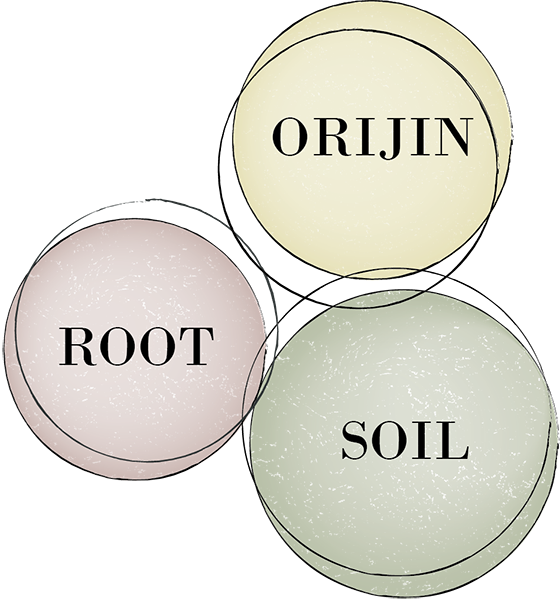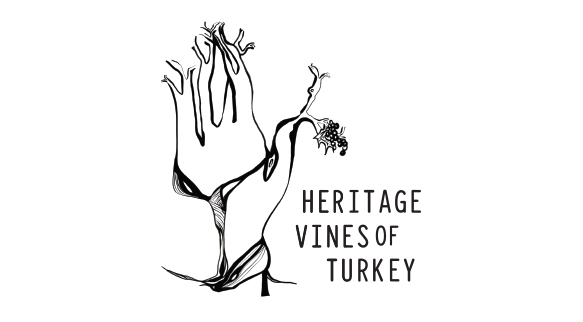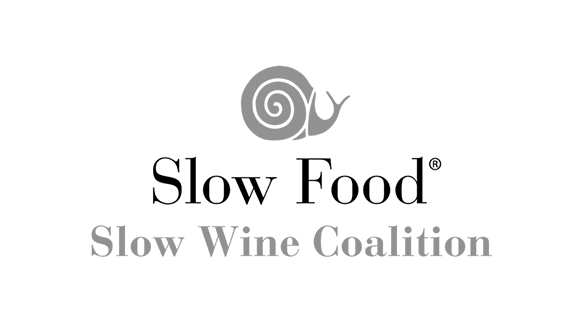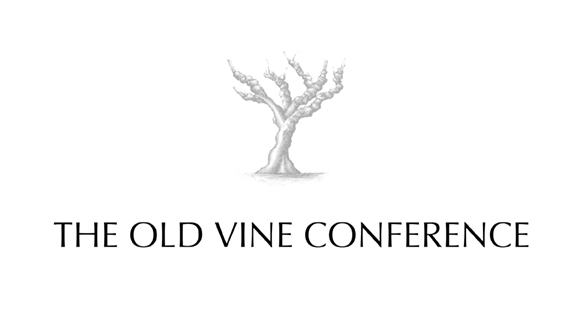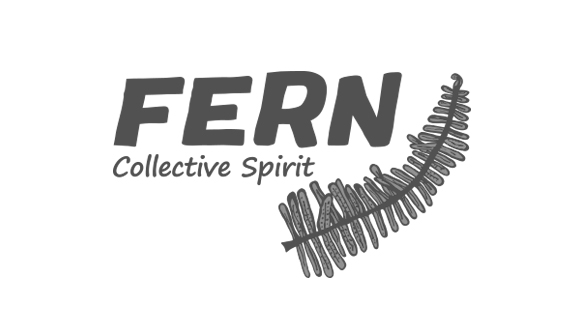Recognizing and Preserving Anatolia's Heritage Vineyards and Grapes:
A Call to Action
When we look at the historical perspective regarding grapes and viticulture, we see that we have not been able to carry the importance we possess to the present day. As a country, we face this product, which has negatively been affected by the evolutions we have undergone. Despite having the world’s fifth-largest vineyard area, Turkey has a relatively low volume of wine production. In Turkey, only 3% of the annual grape production is used for wine-making, while the rest is consumed fresh, dried, or used in the production of products like molasses, vinegar, and rakı. Thanks to all these other uses but, Türkiye’s extensive vineyard areas are rapidly disappearing today.
The turning point for Turkish viticulture can be traced back to the compulsory migration of the Armenian and Greek communities, who engaged in wine production and trade during the Ottoman rule, following World War I and the Turkish War of Independence. This destroyed not only the abandoned vineyards and wineries but also a centuries-old tradition and collective intelligence. Despite Atatürk’s efforts to revitalize the wine industry by establishing state-operated wineries and allowing private enterprise to produce wine, very few of these could be sustained later on.
For wine to be economically valuable, it needs to differentiate. There is a vast difference between the pricing of grapes as a raw material and the pricing once it becomes wine. We see that it adds a different economic value when you produce an artisanal wine, using local varieties and different production techniques, which is in line with today’s fashionable term. There is a need for rhetoric and literature that will create added value to grapes and wine. An important potential to provide this is our local grape variety diversity.
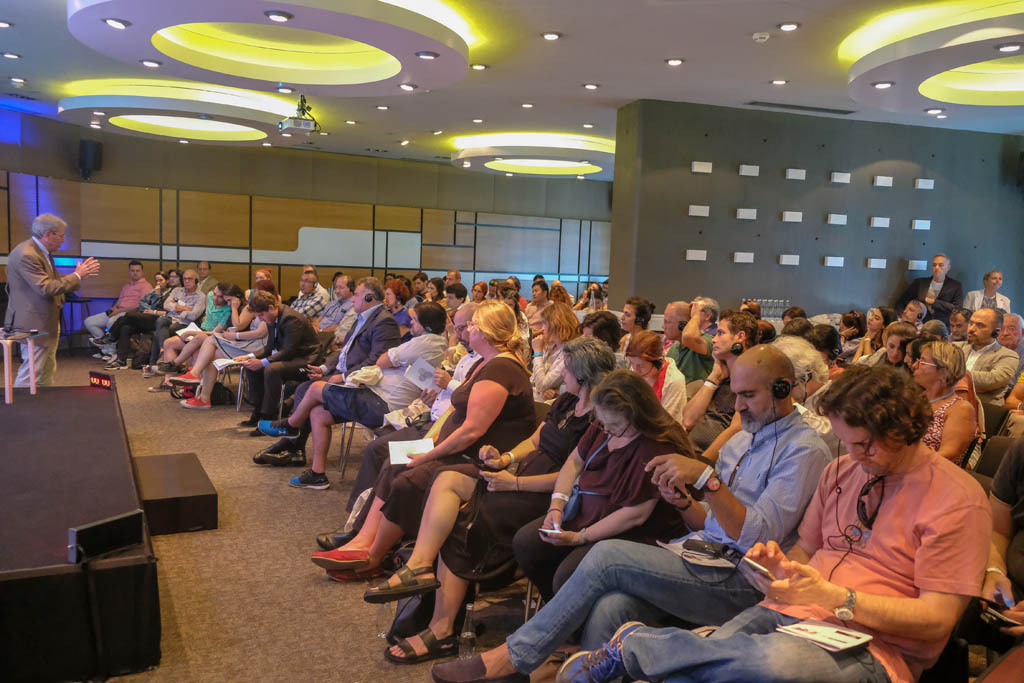
Today, our country is in a very rich position in terms of the “Old Vines” that are increasingly valued in the world, many of which exist in large and small vineyards in Anatolia. Almost all of the vineyards that are uprooted for economic reasons are old, and we can say that they are ungrafted vines, which are again seen as quite valuable. The “Heritage Vines of Türkiye” platform, established specifically to create awareness in this area, is working regionally to draw attention to the issue and the disappearing grape varieties, and the uprooted vineyards.
If a new breakthrough in wine is to be made in Türkiye, it is only possible with indigenous grapes. Today, very good wines are being produced in Türkiye. Both viticulture and winery investments have the necessary infrastructure to produce the right product. However, many of them are still not different from the styles made all over the world. In this vast and global wine economy, we need correct marketing and positioning. We must act by establishing a sustainable policy on local grapes, old vineyards, and natural wines, and we must not give up on this.
Sabiha Apaydın Gönenli

Sabiha Apaydın Gönenli has emerged as one of the foremost players in the Turkish gastronomy industry and has made significant contributions to the development of leading brands. Her extensive experience and knowledge are now used in her role as a management consultant in the food and beverage industry. A dedicated advocate of the global and Turkish natural wine movement, Sabiha is committed to promoting local grape varieties, old vineyards, and broader wine culture. An example of this determination is her involvement in many projects to promote Anatolian grapes and wines at home and abroad.
She founded the ‘Root Origin Soil’ conference, which is an important event in terms of viticulture and enology, especially for Anatolian varieties. As a certified WSET instructor, she also teaches ‘Wine and Business Management’ courses at the Istanbul Culinary Arts Academy, combining her academic knowledge with industry practices.
Additionally, her key involvement in the Heritage Vines of Türkiye initiative and member of the Slow Wine Coalition and Old Vine Conference underlines preserving and promoting viticultural heritage.
Her contributions aim to give the cultural and historical richness of Anatolian viticulture the value it deserves.
Organizations we are part of based on shared objectives
Considering that viticulture is one of the rare cultural heritages of the civilizations that have lived in Anatolia, we decided to launch the Heritage Vines of Turkey initiative as a group of volunteers who have been closely following the viticulture and winemaking potential of the country for many years.
The Slow Wine Coalition brings together everyone involved in the international wine chain, from farmers and viticulturalists to distributors and sommeliers.
A non-profit founded to bring together the wine industry & enthusiasts to build a global wine category for old vines.
Projects we support
Fernkolektif’s structure is very simple. It finds answers to different questions. It aims to support startups, or established structures, in adopting new forms and transformations.
To keep our heritage alive…
The way to keep Turkey’s thousands of years of viticulture alive is to reintroduce wine grapes, which are about to lose their economic value, to the wine production process.
